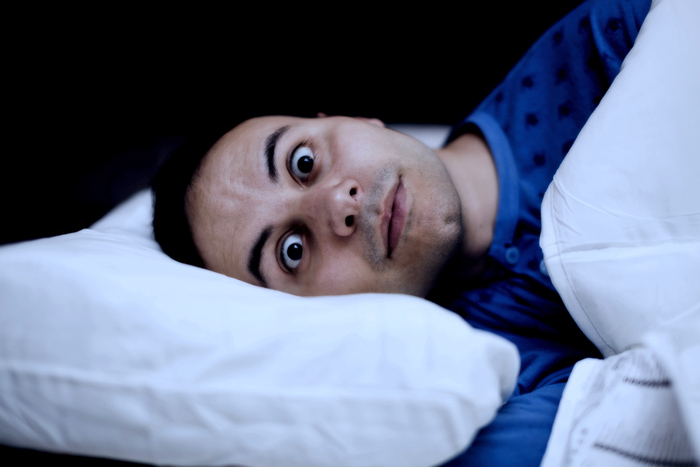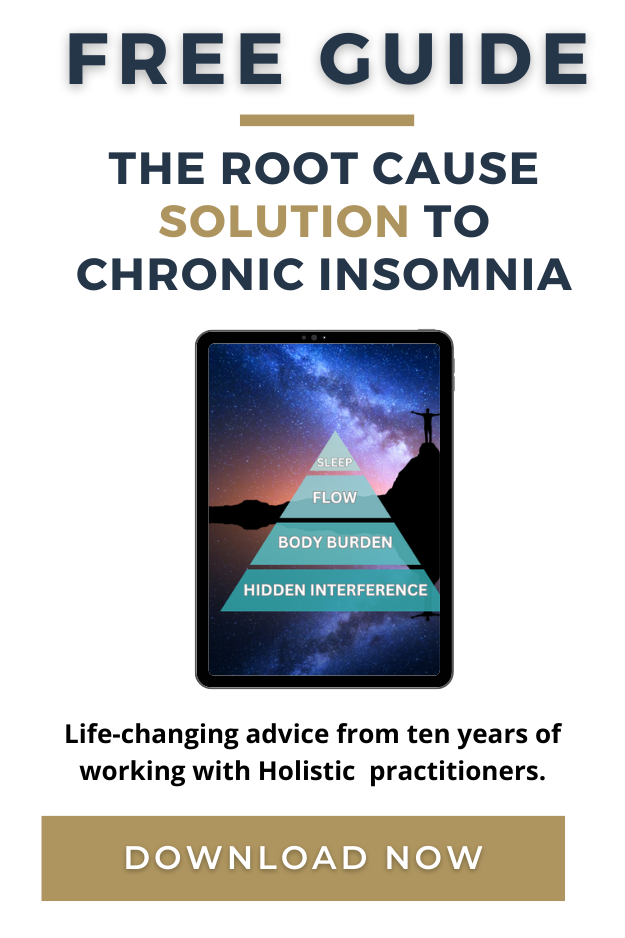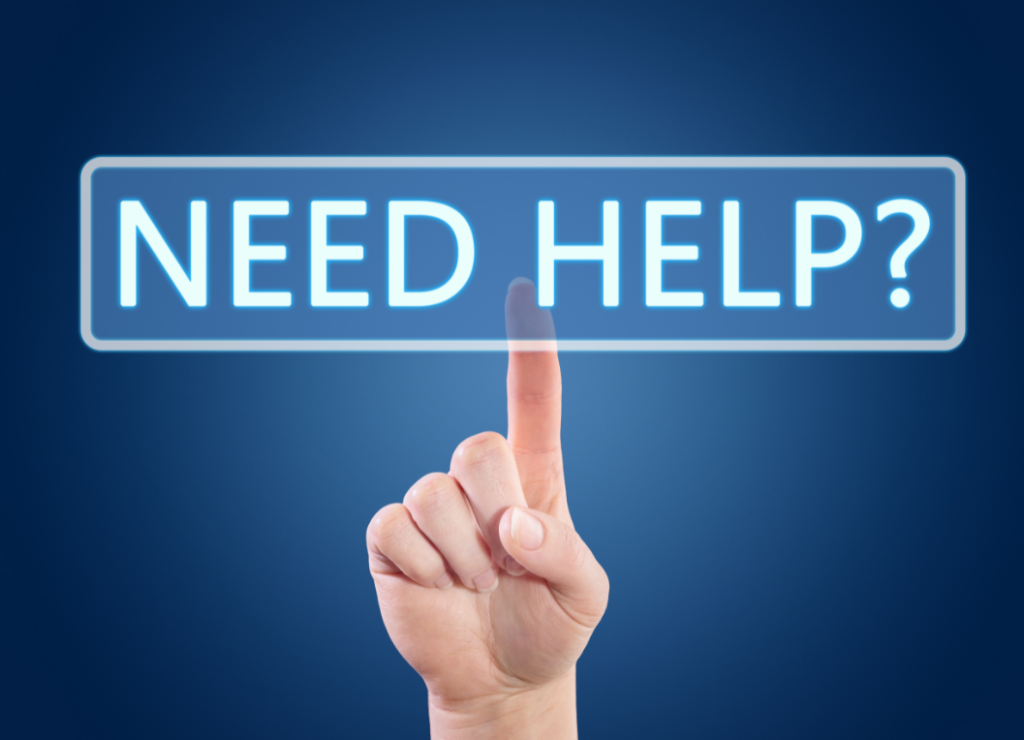What separates a serious insomniac from a hobbyist? A serious insomniac wakes up in the morning (granted he slept at all) and is already anxious about the coming evening when he’ll be lying in bed wondering whether this is going to be the night where he’ll finally get some shut-eye. This is not a joke.
Most of us invest quite a bit of anxiety in this process. Anything we do, eat and engage in is a calculated move to maximize our sleep the following night. Longing for sleep is a totally consuming process; it’s an obsession we secretly hide throughout the day.
In fact, I’m so determined to find the root cause of my insomnia that sometimes I wonder how much worse I’m making everything by investing so much energy in resisting my reality. After much pondering and learning more about the nature of our minds I’m now thoroughly convinced – what we resist, persists.
Guided by this universal law, can we make a logical leap that the easiest way to fall asleep is to actually try NOT to sleep?
A while back, during my QiGong practice I decided to take a radical turn and accept my plight. Instead of constantly worrying about insomnia I am trying to integrate the thought that this is something I might have to deal with for the rest of my life and that this is part of my new makeup. Sometimes I go as far as being grateful to have this ordeal because this way I can learn so much and eventually help others. And you know what…? It helps! Do I sleep better? Hell no. But I suffer less.
Recently, I thought “What if it actually takes longer for me to fall asleep because I’m trying too hard? Why not apply the same “acceptance” rationale about anxiety falling asleep or waking three hours later?” I figured the same resistance-persistence law must apply here so it might be worth a shot to try this reverse psychology. I was determined but before my experiment I had to find ‘science’ behind it. And there is!
It appears this theory has been proven by a proper clinical study. A University of Hertfordshire psychologist Richard Wiseman explains, in a video ‘How to Fall Asleep’:
‘A few years ago researchers from the University of Glasgow asked a group of insomniacs to try and stay awake for as long as possible – and tested them against another group who tried to sleep.’
‘They were allowed to blink but not watch television, use a computer or move around.’
‘Trying to stay awake is actually quite tiring – so the group that were asked to stay awake, actually fell asleep faster.’
‘Next time you want to fall asleep, try staying awake!’
So guess what? I tried it and it works! Do I fall asleep faster? Hello no! (again) But you guessed it – I suffer less.
Time is a relative, deeply personal experience. If we’re lying in bed worrying about falling asleep times is drawn out, a moment seems like an eternity. However, if we take the same amount of time and engage in some pleasurable thought process time seems to fly by. In this way, it is quite conceivable that it can actually take less time to fall asleep.
Now, is trying to stay awake a more pleasurable process that being anxious about falling asleep? Perhaps so. You have to try it yourself and let me know in the comments whether this worked for you.
Meanwhile, one sheep, two sheep, three sheep, four….




